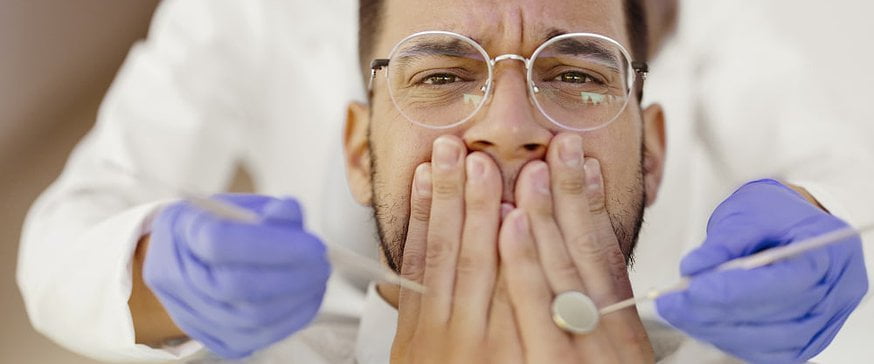
Indicators of Gum Disease and When to Consult a Dentist
Do you notice any redness, or pain in your gums? Do your gums bleed when you brush your teeth? Does it hurt when you chew? All these are signs of mild gum disease. Gum disease or periodontal disease is a serious condition of the gums and jawbones. Lack of knowledge may cause you to ignore these early signs. Failure to seek timely treatment may lead to tooth loss and other severe oral health problems. An awareness of the early signs of gum disease can aid in getting professional treatment. It can also help you prevent serious oral health disorders.
What is Gum Disease?
In many cases, gum disease is the result of poor oral hygiene. Lack of proper brushing and flossing can cause bacteria, food particles and saliva to collect on the teeth, forming plaque. In its early stages, plaque causes gingivitis or mild gum disease. The signs of gingivitis are red, swollen and bleeding gums. It is possible to revers gingivitis with healthy oral habits, like brushing and flossing daily, and professional cleaning by a dentist. But if gingivitis is not treated, plaque may spread and harden. This hard substance is tartar. It starts growing below the gum line and the bacterial toxins start impacting the bone and tissues that hold the tooth in place. In patients with Periodontitis, the gums eventually pull away from the teeth. The space between the gums and teeth may becomes infected. Finally, the tooth loosens and falls off or it may have to be removed.
What are the early Signs of Gum Disease?
Awareness of the early signs of gum disease is the first step in seeking timely, professional treatment. Common signs include:
- Swollen, red gums: Firm, pink gums are a sign of good gum health. On the other hand, swelling, redness or tenderness in the gums indicates gum disease.
- Bleeding: Do your gums bleed when you brush or floss? It is not normal. Bleeding gums are a common sign of gingivitis.
- Other signs: Pain while chewing food, receding gums, sensitive gums, bad breath or loose teeth, may also indicate gum disease.
How to handle Gum Disease?
If you notice any of the signs of gum disease, consult a dentist immediately. You can take several measures to manage gum disease.
- Practice Good Oral Hygiene: Brush your teeth twice a day. Use a soft-bristled toothbrush and brush all the surfaces of all your teeth and along the gum line too. Use dental floss daily to remove plaque and food particles from places where the brush can’t reach. Rinse your mouth with anti-bacterial mouthwash to avoid bacterial infection.
- Regular Dental Checkups: During a dental checkup, your dentist can recognize and remove stubborn plaque or tartar that regular brushing and flossing can’t remove. Your dentist can also check for any signs of disease and provide appropriate treatment before it becomes worse.
- Healthy Lifestyle: Adopt a healthy lifestyle to prevent gum disease and maintain good overall health. Quit smoking and limit alcohol intake to avoid weakening your immune system. Eat a diet rich in vitamin C and calcium to strengthen your gums and teeth.
- Be informed: Stay informed about oral health and gum disease to prevent serious health issues and to manage them effectively. Knowing about early signs of gum disease can help you consult a dentist for help before the disease progresses.
Treatments for Gum Disease
Several treatment options are available for gum disease patients. Your dentist may advise a personalized treatment plan based on your symptoms, and overall oral health.
- Scaling and Root Planing: Scaling involves removal of plaque and tartar from above and below the gum line. Root planing may be carried out to smooth rough spots on the tooth root, which is a common infection site.
- Medication: Some patients may be prescribed oral and/or topical (mouthwash, gels) antibiotics to control bacterial infection.
- Surgery: Some patients may need dental surgery. Flap Surgery can help to remove tartar deposits from deep pockets. If bone loss has occurred, bone grafting may be needed.




















